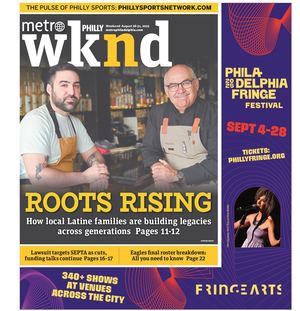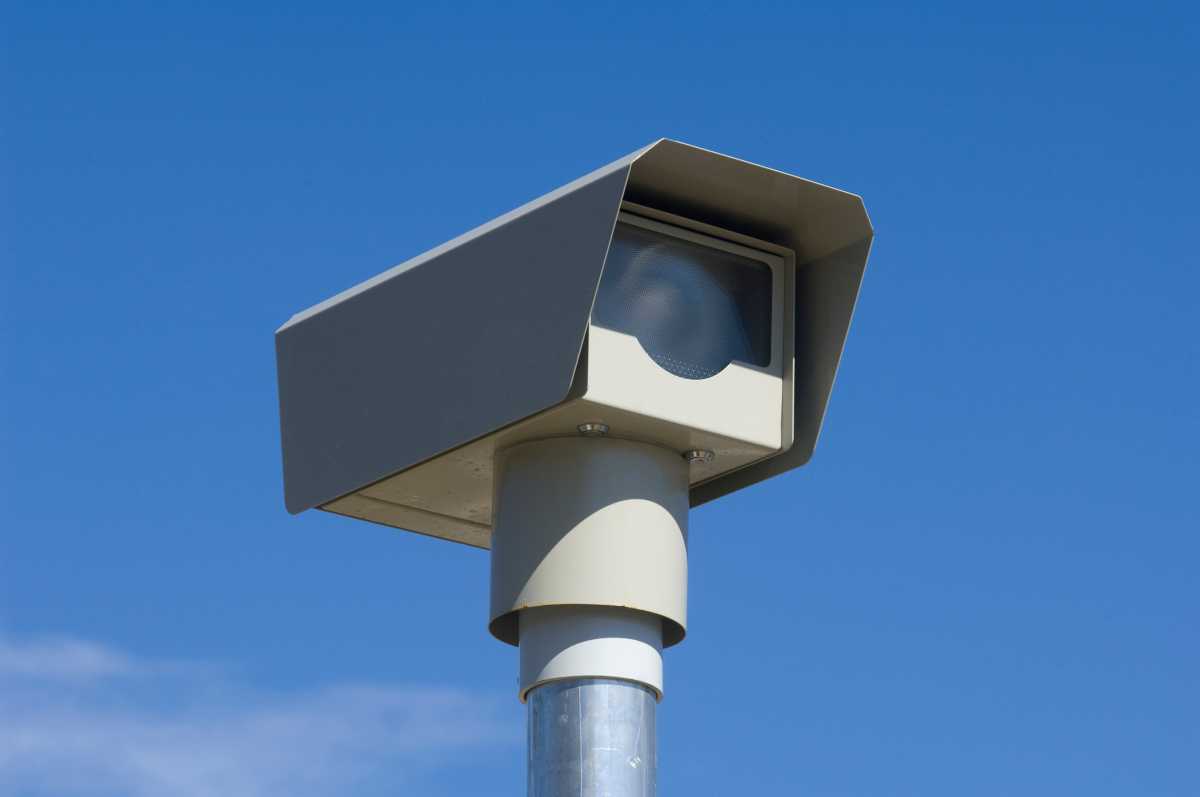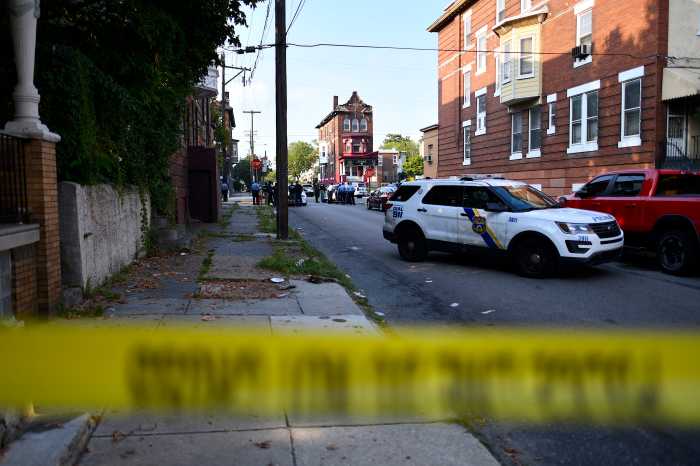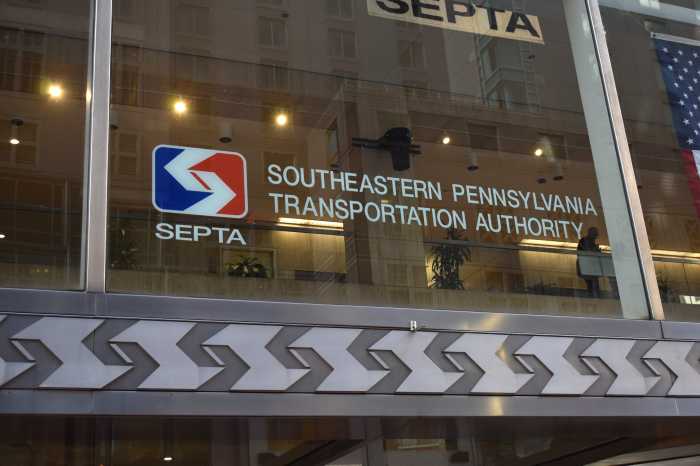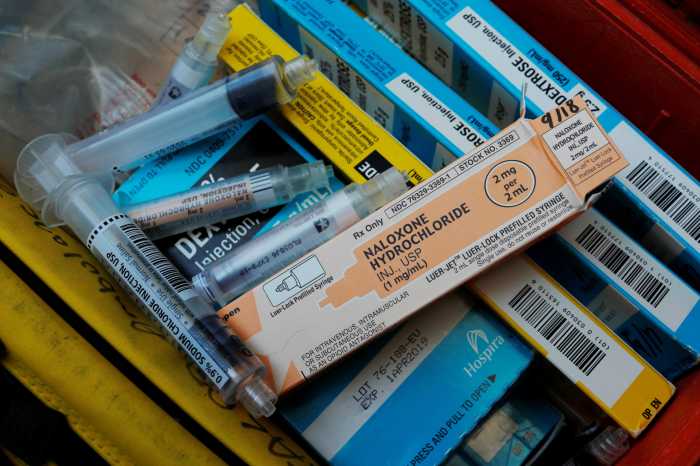A state route that runs along sections of Frankford, Hunting Park and Baltimore avenues is expected to become the third stretch of roadway equipped with speed cameras in Philadelphia.
City Council, in an unanimous vote, passed a bill Thursday authorizing the installation of an automated speed enforcement system on Route 13, which stretches from Cobbs Creek to the Far Northeast.
Cameras have monitored speed along Roosevelt Boulevard since 2020, and the devices are expected to be turned on in the coming months on Broad Street.
A timeline for implementation on Route 13 and exact camera locations have not been announced, but the effort would begin with a public awareness campaign and a 60-day period during which speeding drivers would receive warnings, not fines.
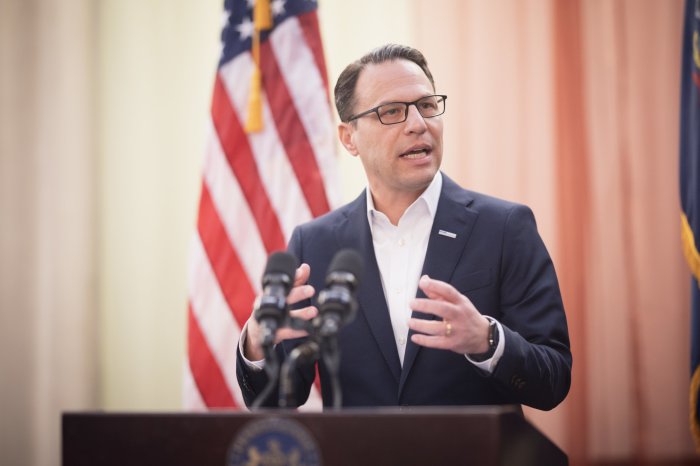
Once fully activated, the cameras snap photographs of license plates, and drivers caught going 11 mph or more over the posted limit are mailed tickets costing between $100 and $150, depending on their exact speed.
Route 13 and Broad Street were two of the five roadways recommended for automated enforcement in a report released in June by Mayor Cherelle Parker’s administration.
Others included Allegheny Avenue; West Chestnut and Walnut streets; and Route 291 (Penrose, Bartram and Moyamensing avenues). Council legislation, which is needed to authorize the cameras, has yet to be introduced for those roads.
The corridors in the report were identified based on a scoring system that factored in the number of crashes with deaths or serious injuries, and those involving pedestrians and speeding vehicles. Route 13 ranked second highest, only behind Broad Street.
The Philadelphia Parking Authority, which administers the automated enforcement program, has said it tentatively anticipates beginning the Broad Street warning period in February, with 14 camera locations selected from Cheltenham to Pattison avenues.
Between 2019 and 2023, there were 123 crashes with deaths or severe injuries; 160 speeding-related crashes; and 258 pedestrian crashes along Route 13, Cole Appelman testified at a Council hearing in November. Appelman is a policy analyst at the city’s Office of Transportation and Infrastructure Systems.
Speeding violations have plummeted on Roosevelt Boulevard in the four years since the cameras were introduced. Appelman told lawmakers that pedestrian-involved crashes have been cut in half, and the number of fatal and serious injuries incidents have dropped 21%.
A year ago, Gov. Josh Shapiro approved legislation making automated enforcement permanent on the Boulevard and allowing city officials to expand the program to five additional corridors.
Revenue from the fines is deposited into a Pennsylvania Department of Transportation safety fund. Earlier this year, more than $19 million from the program was allocated toward seven roadway projects in the city.
